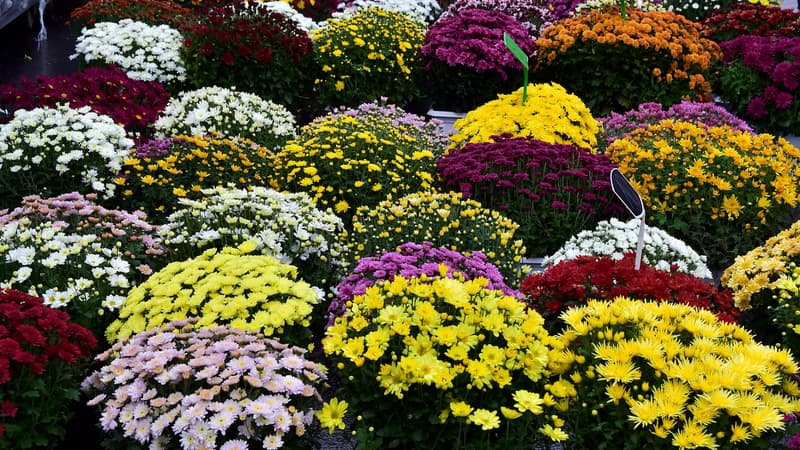Food and fashion are not the only sectors that need transparency. The sale of flowers also has a good room for improvement in this area. In any case, this is the opinion of professionals in the sector who have decided to set up a monitoring system for the branches they will market. It will allow consumers to know the origin, the producer and the labeling of each flower sold, reports the parisian.
Unlike cut flowers, potted plants are already subject to a transparency obligation. But this regulation is applied more for health reasons than ecological ones.
Minimize the ecological impact
For flowers, it is above all to minimize the ecological impact of the production and distribution of products that the sector wishes to systematize this traceability. A much larger footprint when these flowers are grown in distant countries, as noted by Hortense Harang, founder of Fleurs d’ici, a site specializing in local bouquets.
However, most of the flowers traded in France come from foreign countries and are grown in the Netherlands, East Africa or South America. In 2015, the proportion of imported flowers was estimated at 85%, as pointed out by the Minister of Agriculture at the time, Stéphane Le Foll. A proportion that may well have increased since then. In addition to transportation, the use of heated greenhouses in colder countries can consume more energy than importing by air.
However, 100% “Made in France” is not possible at this time. “The national production of flowers represents 8% of the demand, it is far from being enough”, estimates Pascal Mutel, questioned by the parisian. But creating more transparency in the sector could boost consumer demand for French flowers. A movement already underway with the appearance on the market of firms such as Monsieur Marguerite or Fleurs d’ici or labels such as Fleurs de France. What can it be to relaunch, in the long term, the blue white red fruit and vegetable sector.
Source: BFM TV


